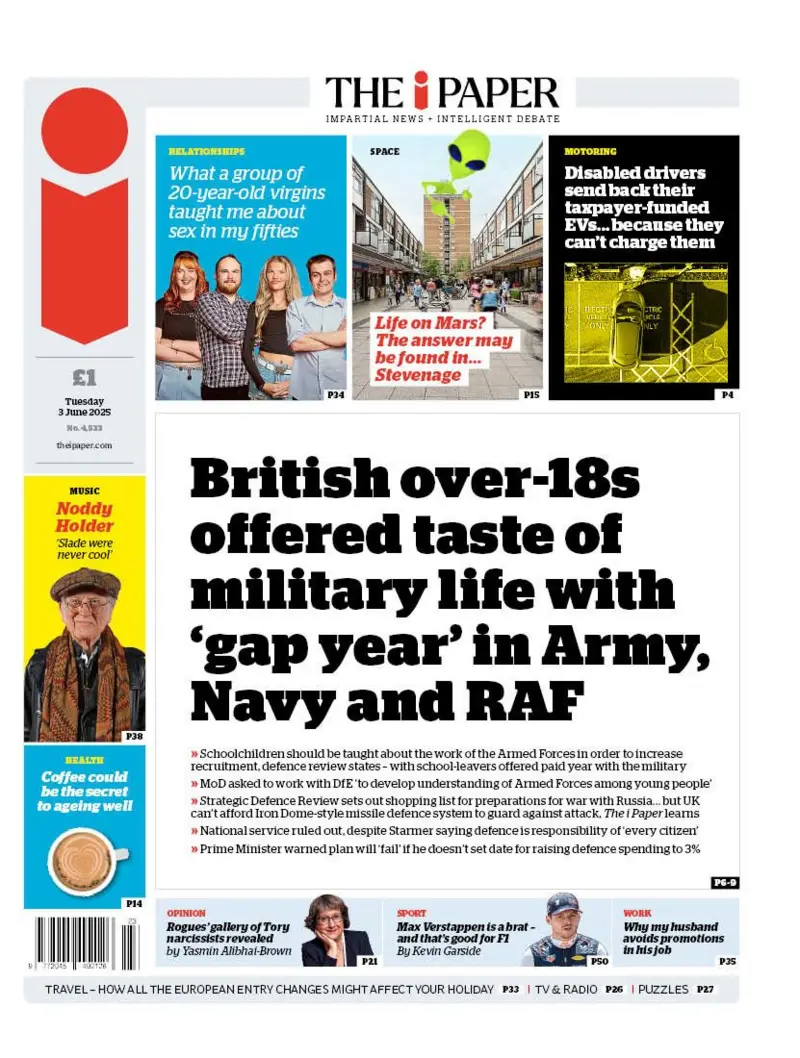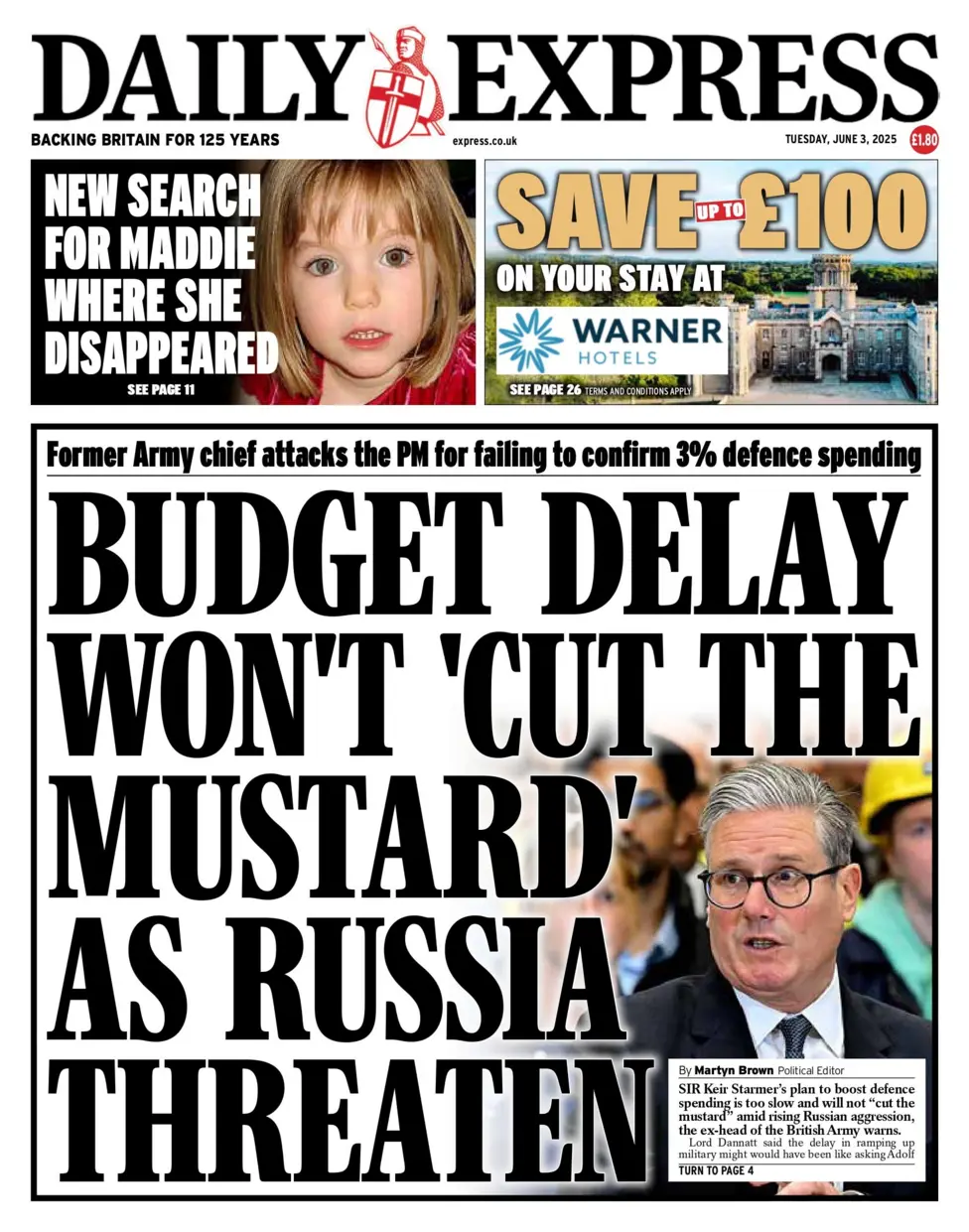Latest News
- EU Urges Ukraine to Permit Access to Key Russian Oil Pipeline Today
- Premier League — Wednesday’s 4th Mar fixtures
- US and Israeli Airstrikes Lead to High Casualties in the Gulf
- Asylum Applications to EU Drop by Nearly 20 Percent Amid Iran Crisis Warnings
- Championship — Monday’s 2nd Mar fixtures
- 3 things you need to know about Israeli-Iran war
- Trump’s Iran Strike is Risky—Uncertain Results Ahead
- European Commission Approves EU Funding for Accessible Abortion Services





